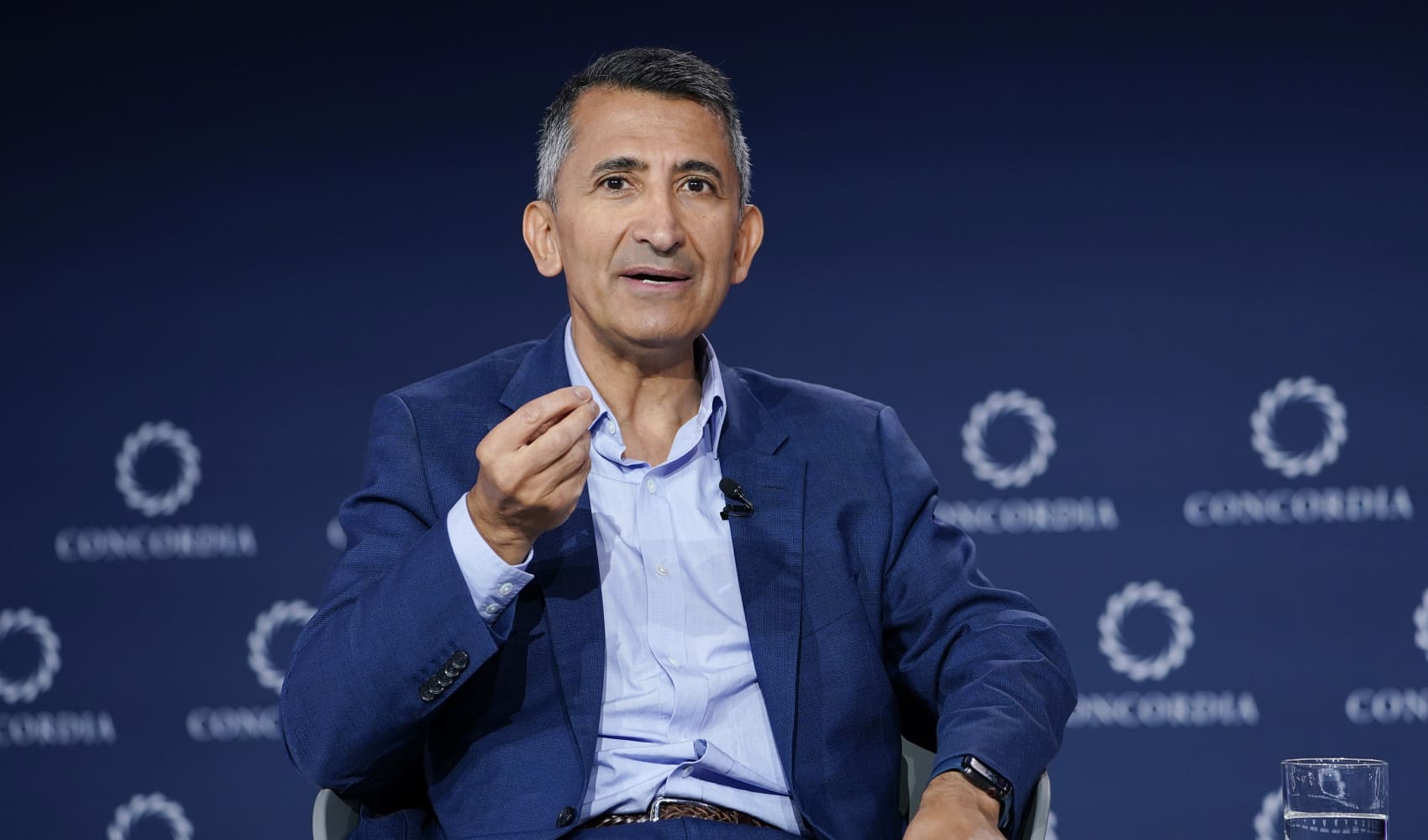California's COVID state of emergency will expire next week, three years after it was the first state in the nation to lock down in March 2020.
But some medical experts caution that this change may cause a bit of confusion.
“There are four groups of people I think. There are people with private insurance, people on Medicare, people on medical and people who have no insurance,” said Dr. Peter Chin-Hong, UCSF infectious disease physician.
Those that fall into the no insurance group, may fall between the cracks when it comes to getting free or low cost care, COVID testing and vaccinations.
Get top local stories in San Diego delivered to you every morning. Sign up for NBC San Diego's News Headlines newsletter.
“Depending on where you live, people in many parts in the Bay Area, California, there are safety nets. But that’s very variable depending on where you live,” said Chin-Hong.
Ending the state of emergency means mass vaccination and testing clinics will no longer be operating.
U.S. & World
Also, health insurance companies won't have to fully cover COVID vaccines, testing and therapeutics after Nov. 11.
This, while hospitals are still seeing a number of COVID patients.
“There are still sick people. I’m still taking care of people with actual real COVID disease in the hospital. Our numbers haven’t really changed too much in the last few weeks. It’s just that it seems a lot of people have mild disease,” said Chin-Hong. “But, some people don’t.”
President Joe Biden plans to end the nation’s COVID public health emergency in May.



